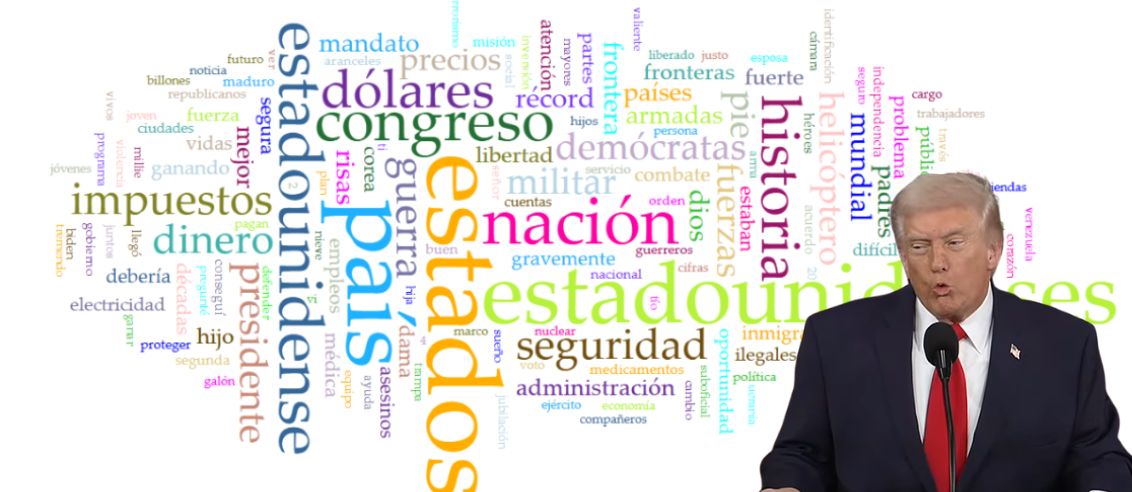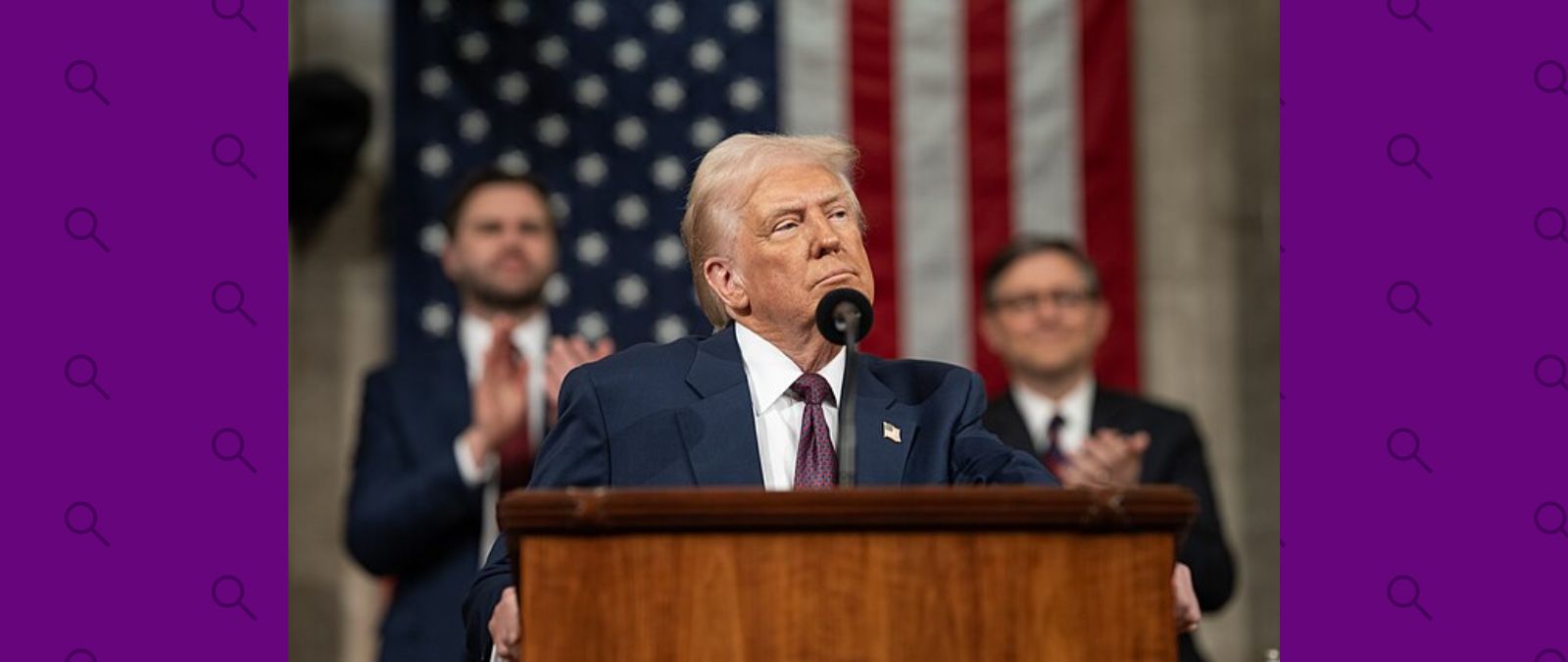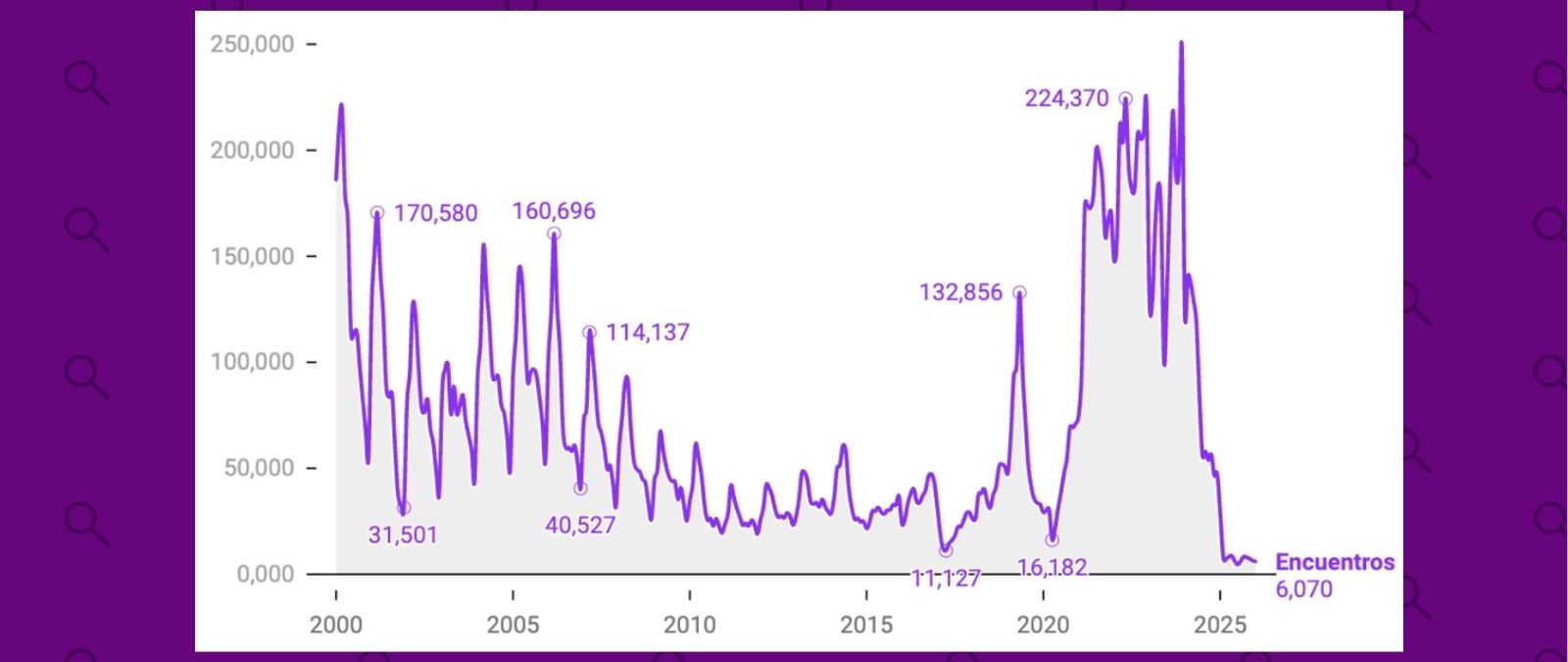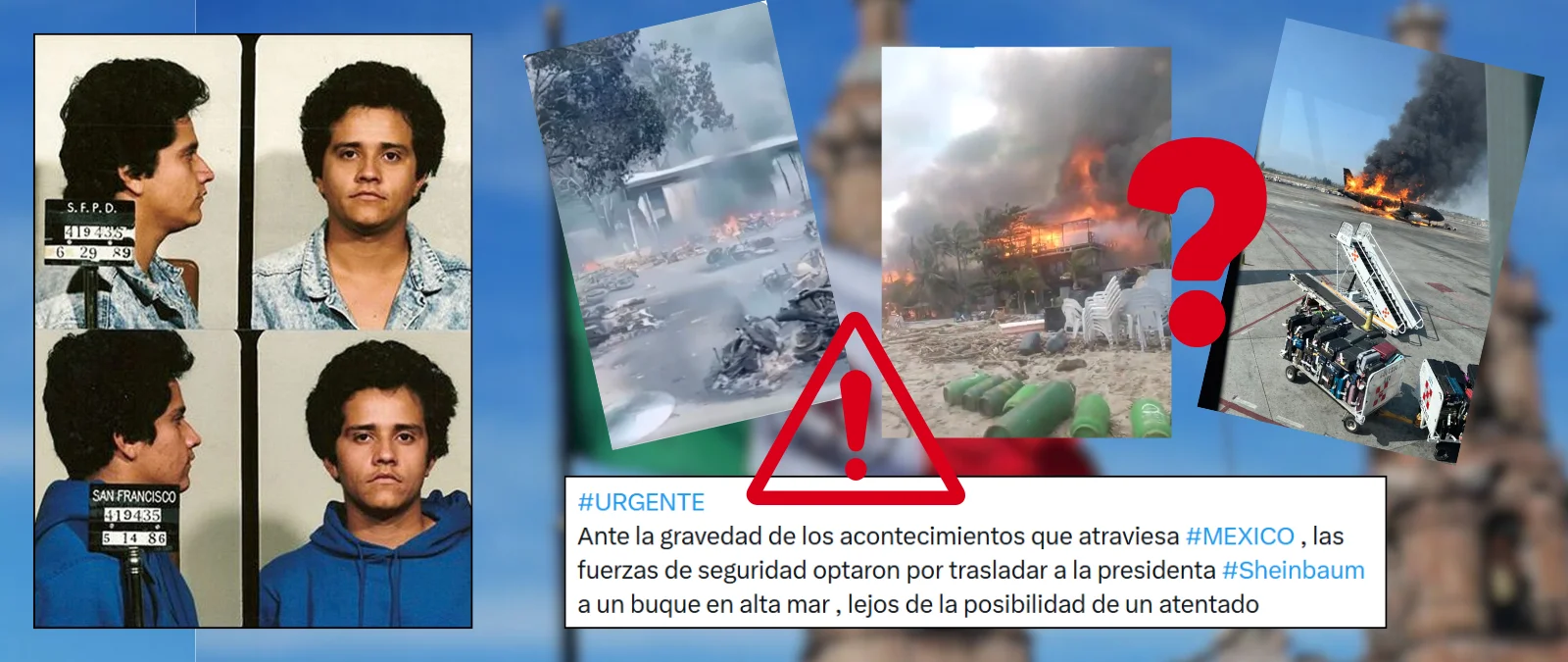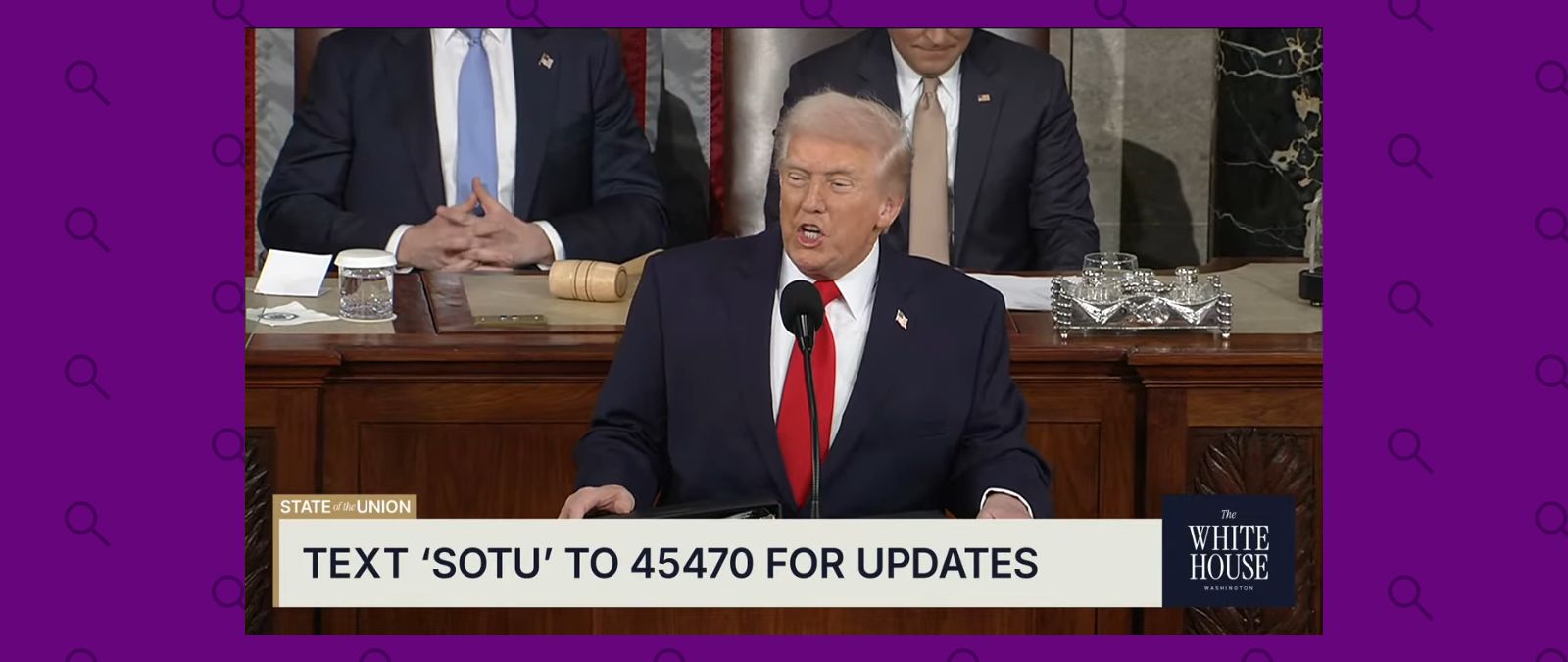In the United States, there isn’t a national electoral entity or institute that regulates the rules applied throughout the country, as opposed to Mexico’s National Electoral Institute, for example. “The U.S. is characterized by a highly decentralized election administration system, and each state has its own set of rules regarding voting processes,” explains the Election Assistance Commission (EAC), an independent bipartisan entity created by law in 2002 which offers recommendations to electoral authorities.
Even in presidential elections like the ones in November 5th 2024, the states make the rules: the time in which it’s allowed to vote, how to request to vote by mail, which are the requirements needed for a candidate to be on the ballot, etc. However, as explained by the NCSL, “County or municipal officials typically do the rubber-meets-the-road functions of running an election,” meaning they make sure each state’s rules are followed. For example, they hire people to work in voting centers or they keep the voters registry updated.
If there’s no national authority to announce the results, who does?
In other countries, like Venezuela or Ecuador, the national electoral authority is the one that announces the official results of an election, but who does in the United States? Each state is responsible for counting its own votes, but it can take over a month for them to provide the official certifications of the results. During that time and from the night of the elections on, the role of media outlets and news agencies is key.
The media and big agencies find out the results of vote counts of thousands of counties, take into consideration the exit polls, and start announcing the winner in each state - at one point, they announce which candidate has the majority of votes and is the new elected president. For decades, Americans have found out who the new president would be from media outlets and TV channels and not from the official results.
Among all vote counts from different media, the most popular and traditionally reliable is the one from Associated Press (AP). According to the news agency, its journalists “get the results of the elections from the very source: voting centers and counties’ electoral offices,” then they compare that information to what the official sources share online, “developing an intense series of verifications to ensure the numbers published are unerringly true.”
Electoral rules are made mainly at a state level, but federal authorities also play a part
Does this mean there aren't any national electoral rules? Not exactly. As explained by the EAC, “the federal law has some general rules that states need to abide by,” for example, the one that states it’s not allowed to intimidate voters, something we’ve already explained in Factchequeado.
Additionally, there are unique and detailed rules on campaign financing for federal elections (the ones for presidency and vice presidency, as well as for the Congress), and there is a federal entity who makes sure they are followed: the Federal Election Commission (FEC).
The FEC’s role is not deciding how to vote and in which conditions, but to take care of “the administration and application of federal laws in campaign financing.” In Factchequeado we’ve already explained, for example, that there is a limit to how much money a person can donate for a candidate’s campaign, or rules on how that money can be spent. It is the FEC that makes sure those rules are followed. For example, they have an online database that details every dollar someone has spent on a campaign or on a political action committee.
To sum up: state authorities are the ones who mainly make the rules on how to run presidential elections, but the county, city, or municipal officers are the ones in charge of applying those rules and the voting administration in general. Federal authorities only make a few general rules that must be applied throughout the country on how the voting process should be, and other more specific rules on how electoral campaigns can be financed.
FactChequeado is a verification media outlet built by a Spanish-speaking community to tackle disinformation in the United States. Do you want to be part of it? Join us and verify the content you receive by sending it to our WhatsApp +16468736087 or to factchequeado.com/whatsapp.



